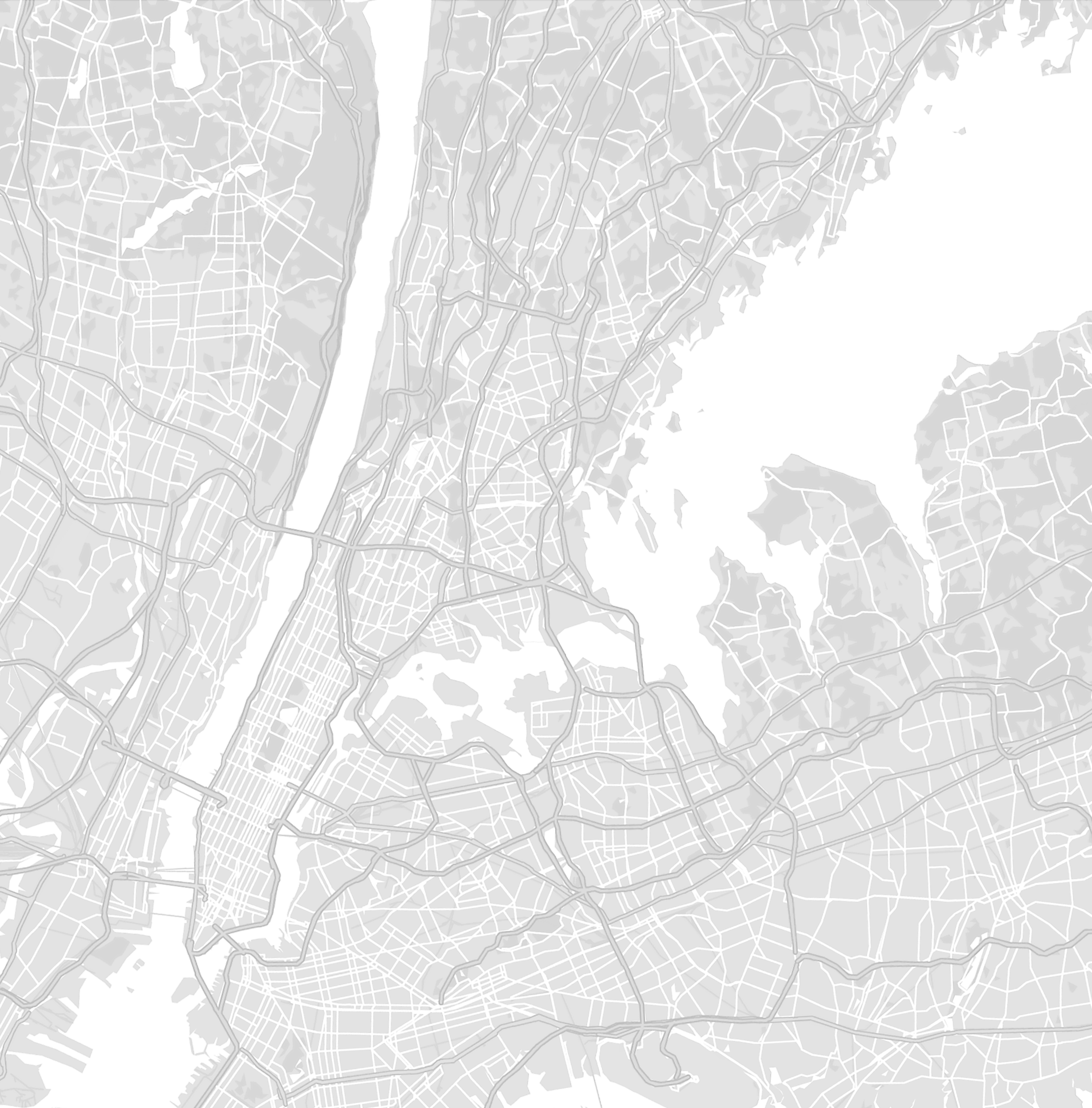New York Airbnb Law: What’s Happening and Why
New York City has initiated a crackdown on Airbnb and other short-term rentals as part of an effort to regulate the housing market and curb illegal occupancy. The New York Airbnb law, formally known as Local Law 18, came into force in early September, targeting tens of thousands of listings that are considered illegal under the city’s housing regulations.
This crackdown is expected to significantly reduce the availability of short-term rentals in the city. While this could potentially drive up hotel prices, the move is aimed at ensuring residential properties are not used for commercial purposes, thereby helping to ease the city’s housing crisis by increasing the availability of long-term rentals for residents.
While the law doesn’t completely prohibit vacation rentals, the rules are so strict it has become known as an NYC Airbnb ban. Any failure to comply as a host could lead to your property being removed from booking platforms.
New York Airbnb Rules: The Details
The city is now enforcing stringent rules on how and when New Yorkers can rent out homes using platforms like Airbnb and Vrbo. While the goal of the New York Airbnb law is to stamp out illegal short-term rentals and ensure the safety of guests staying in private homes, it undoubtedly negatively impacts the hosts who rely on short-term rental income and the tourists hoping to visit the city.
Here are the New York Airbnb rules:
- Prohibition of Unregistered Listings: Local Law 18 prohibits booking platforms from processing transactions for unregistered listings. Under the new regulation, it is mandatory for property owners to register with the city’s Office of Special Enforcement (OSE) prior to offering their rooms or properties for periods of less than 30 days on platforms like Airbnb or Vrbo. In addition, all such rental listings are required to display a valid registration number obtained from OSE.
- Guest Limitations and Host Presence: According to the New York Airbnb law, no more than two paying guests are allowed to stay at a time. Additionally, hosts must be physically present during the guest’s stay. This drastically impacts families and large groups hoping to travel to the city. It also affects hosts who set up their space to sleep multiple people, often generating a higher nightly rate because of it.
- Fines for Violation: According to the New York Airbnb rules, hosts who violate the new legislation could face fines ranging from $1,000 to $5,000. And platforms like Airbnb and Vrbo are required to ensure compliance among hosts.
The law is so strict that it acts as a near Airbnb ban in New York. And the impacts are already showing. For example, there used to be more than 40,000 Airbnb listings in New York, and we’re already starting to see that number decrease. Additionally, Google searches for New York City hotels are up 24% over the past 60 days–and it wouldn’t be surprising to see hotel rates increase too.
New York Airbnb Ban: Your Options
At Metropolis Movers, we empathize with Airbnb hosts who now have to decide how to proceed amid this Airbnb NYC news. If you purchased properties for the sole purpose of generating income via short-term rentals (and do not live on-site), it’s likely you’ll need to develop a new plan. Here are three options:
1. Transition Short-Term Rentals into Mid-Term Rentals
The New York Airbnb law affects short-term rentals, meaning 30 days or less. Because of this, you can transition your properties into mid-term rentals without breaking the law. Booking platforms like Airbnb, Vrbo, and others allow you to set a minimum stay requirement. By setting yours to 30 days or more, you can continue to generate revenue from your property by accommodating mid-term stays.
2. Convert Short-Term Rentals into Fully-Furnished Traditional Rentals
One of the reasons for the New York Airbnb rules is to create more long-term housing options at affordable rates for the city’s residents. With this in mind, you can convert your short-term rentals into fully-furnished traditional rentals, having tenants sign a six or 12-month lease. While the need may not be as great for a furnished rental, you may be able to charge more because it’s fully “stocked.”
3. Vacate Your Short-Term Rentals
If neither of the above options works for your situation, your next best choice is to vacate your short-term rental. You can clear all your stuff out to rent it traditionally unfurnished. Or, perhaps it’s time to sell your properties and develop a new business plan moving forward. While this is a challenging decision to make, it undoubtedly will become one of the only feasible choices for hosts dealing with the short-term New York Airbnb law. And we want you to know that we are here for you if you decide to proceed with vacating your property.
Metropolis Moving Offers Discounted Rates to Hosts Having to Vacate Properties Amid the Airbnb Ban in New York
We at Metropolis Moving understand the challenges many are facing due to the recent Airbnb ban in New York. We know it’s a tough time and are here to lend a hand. We’re offering a 10% discount to any hosts who need to vacate their properties because of this new policy. Just mention that you saw this post when you fill out the form to book our services–it’s that simple. We empathize with Airbnb hosts and want to support anyone who needs to clear out their property due to the NYC Airbnb ban. We’re here for you, ready to make your move as smooth as possible.


